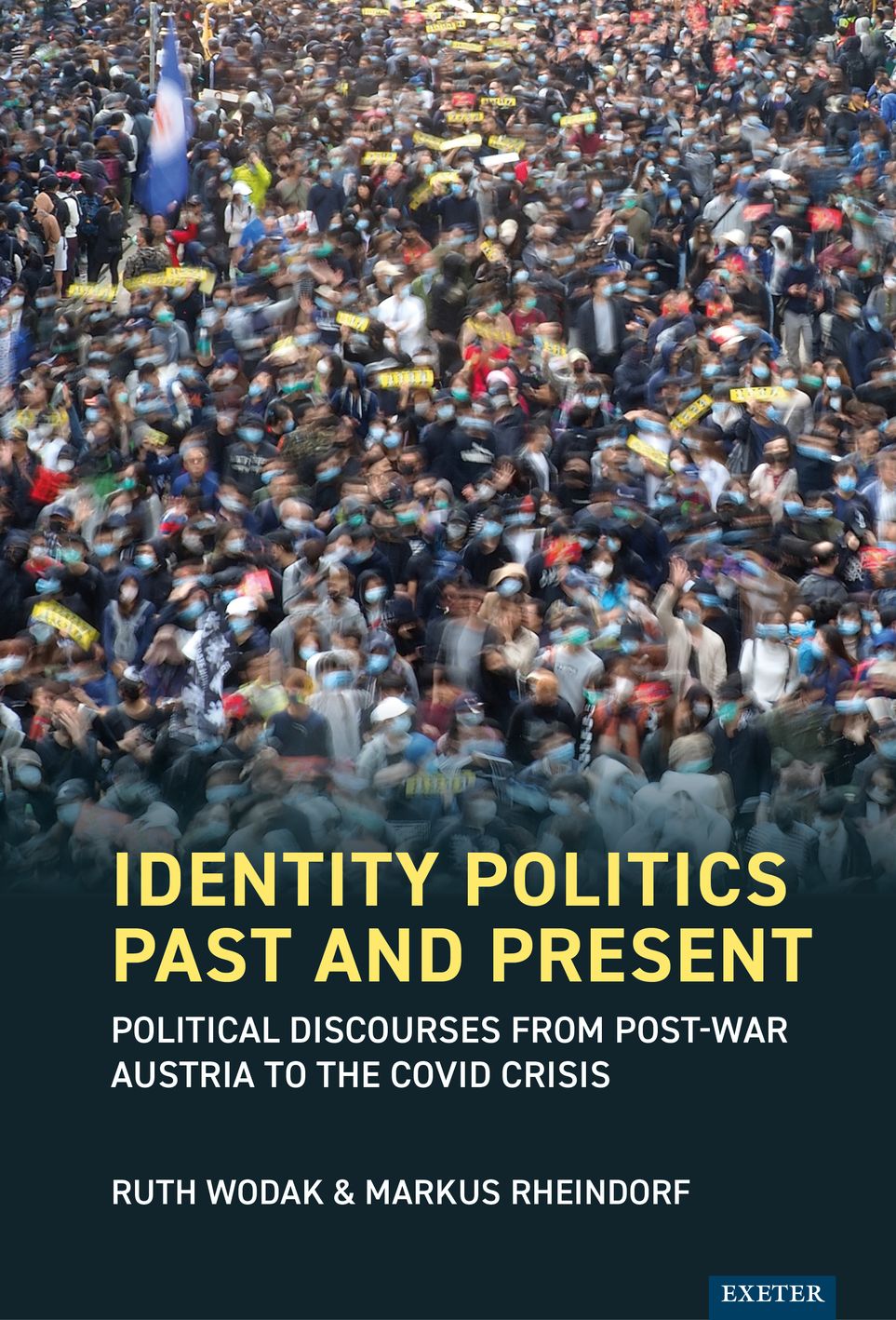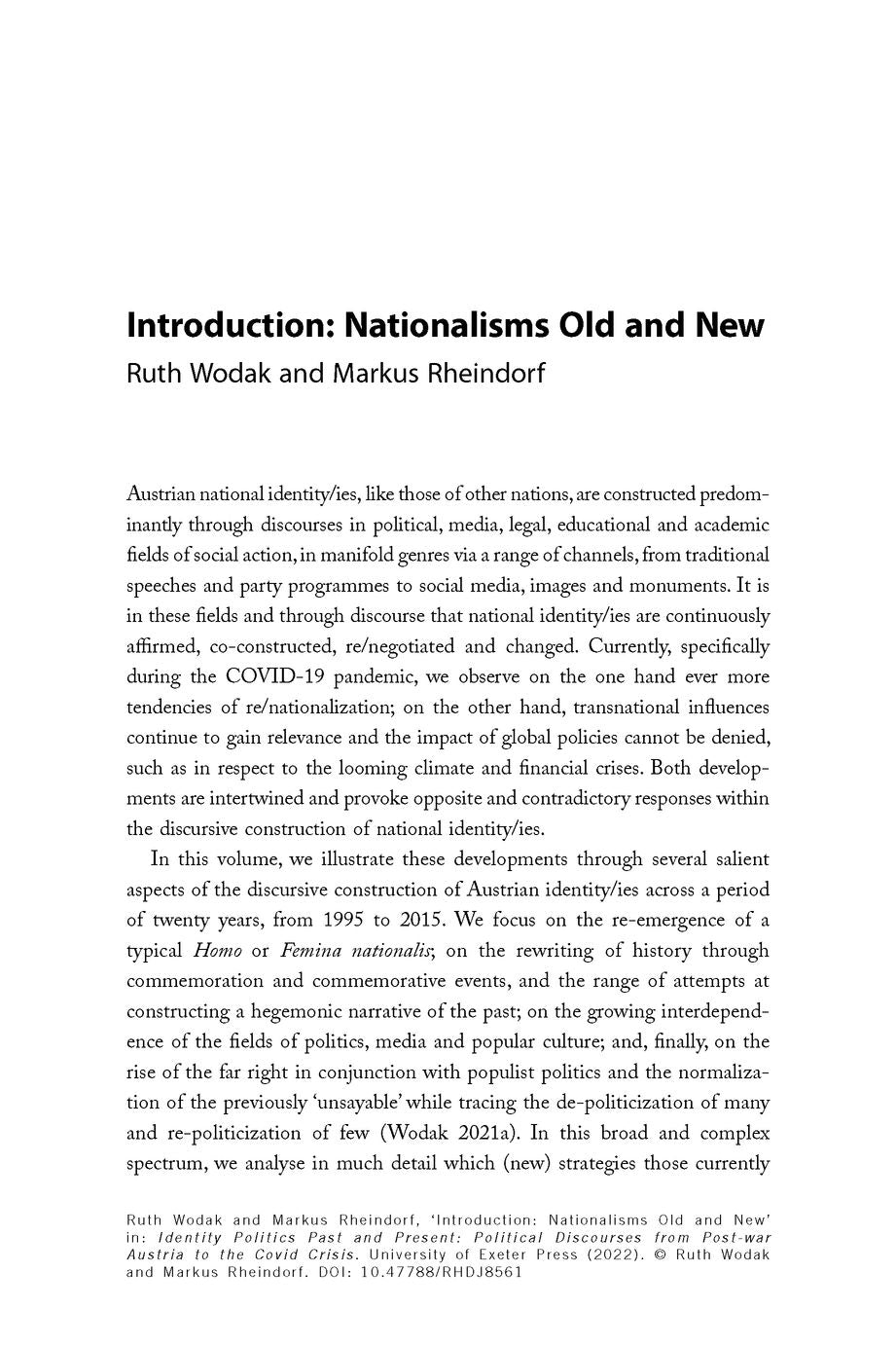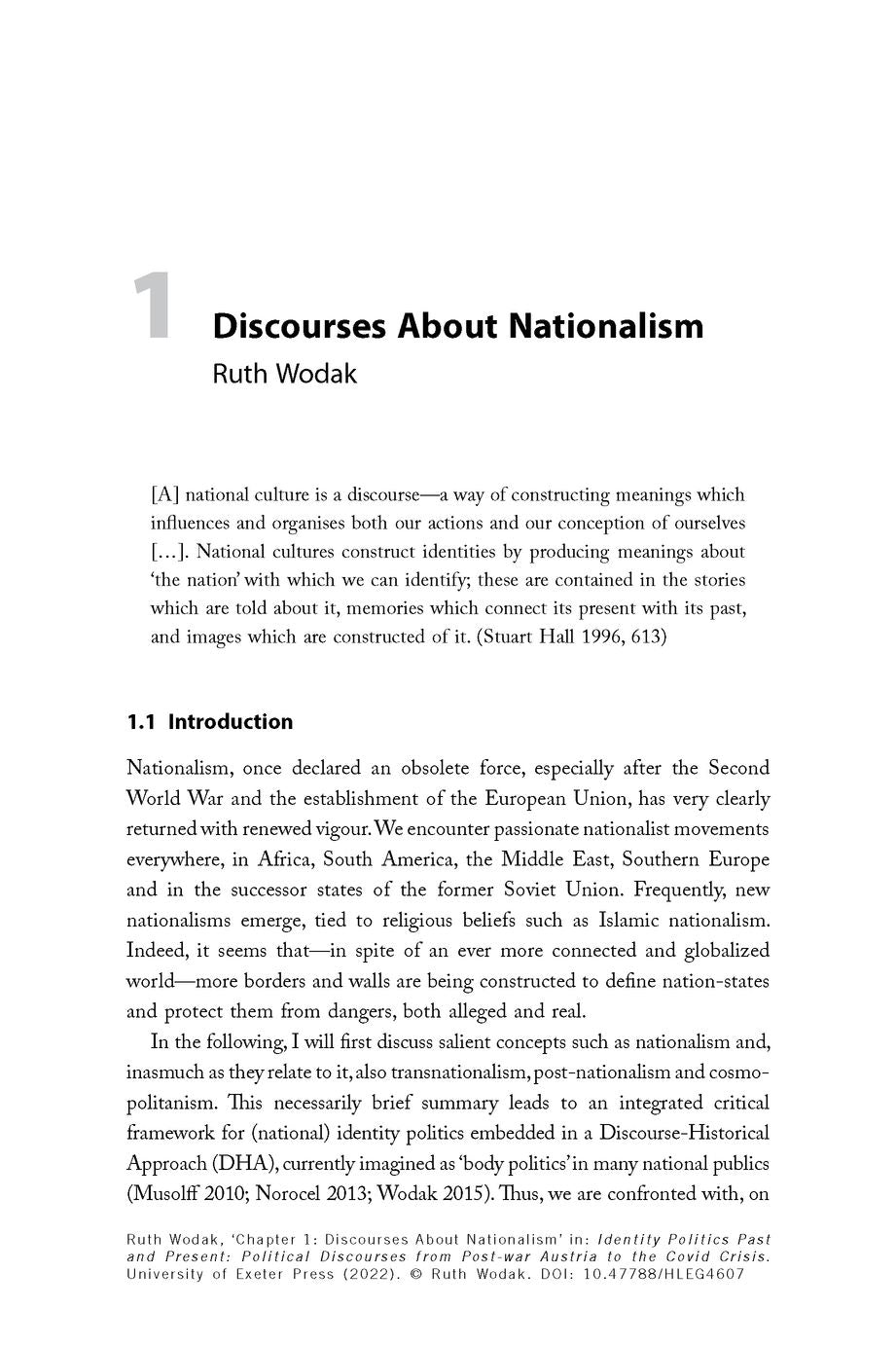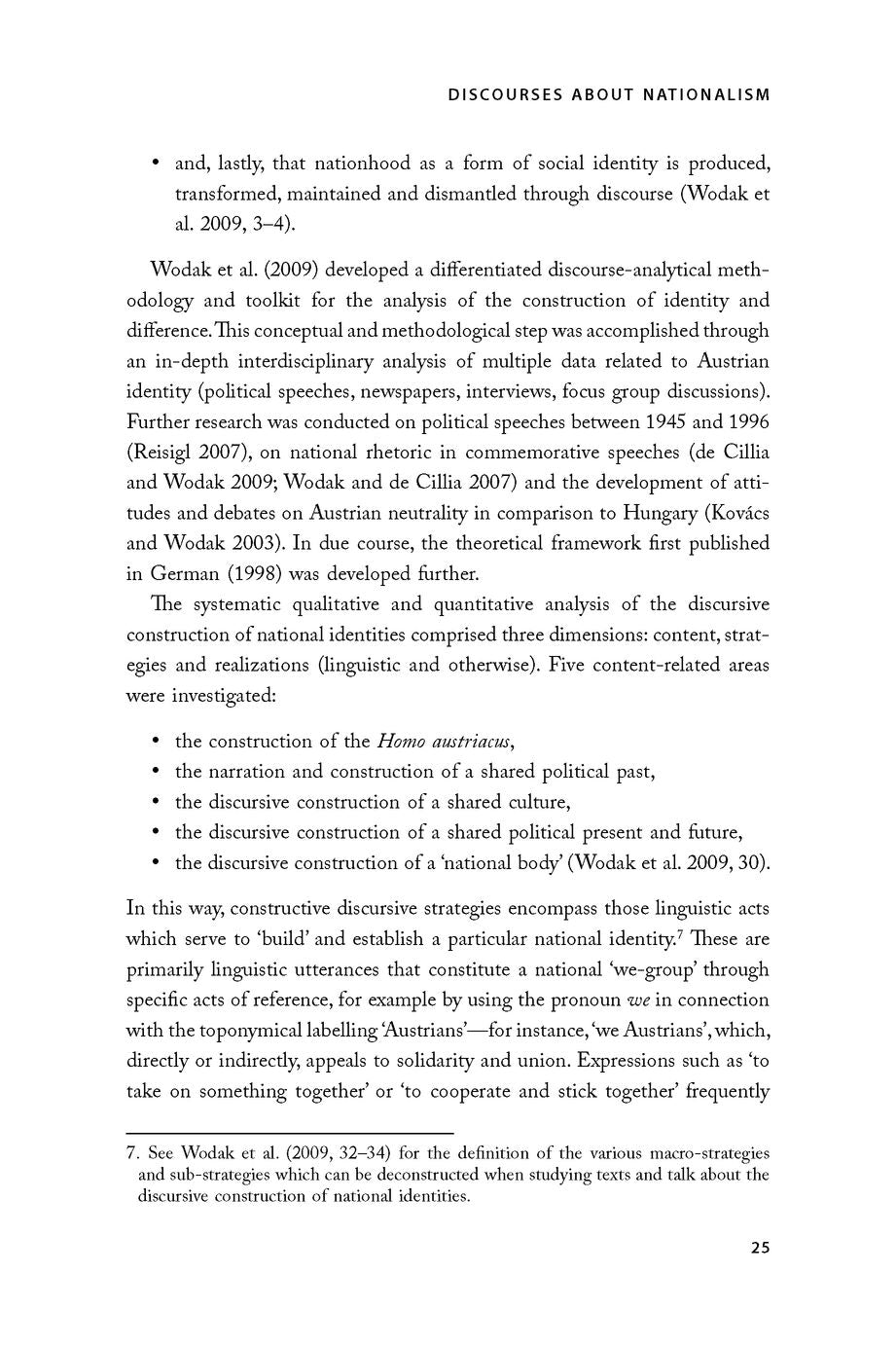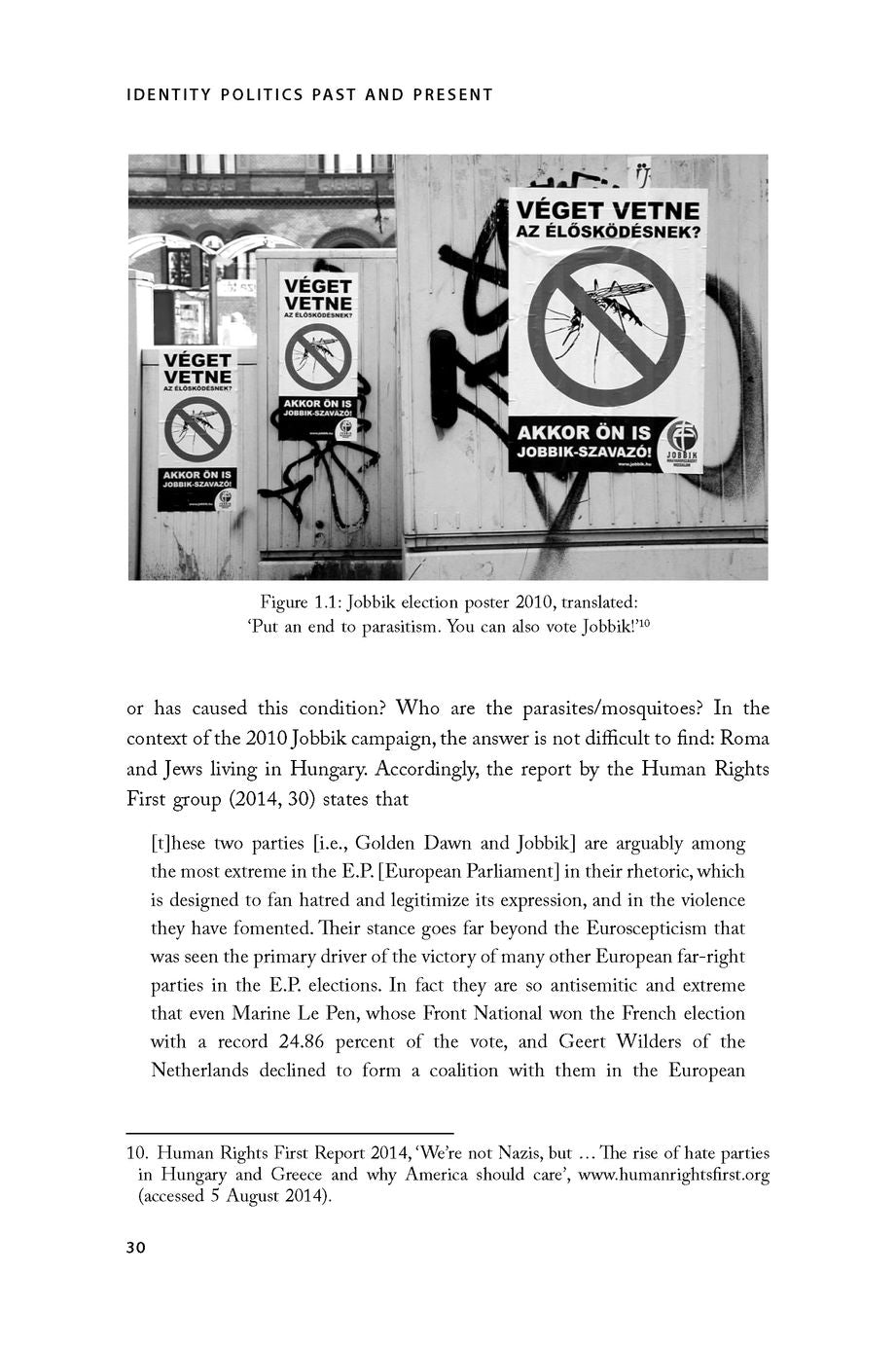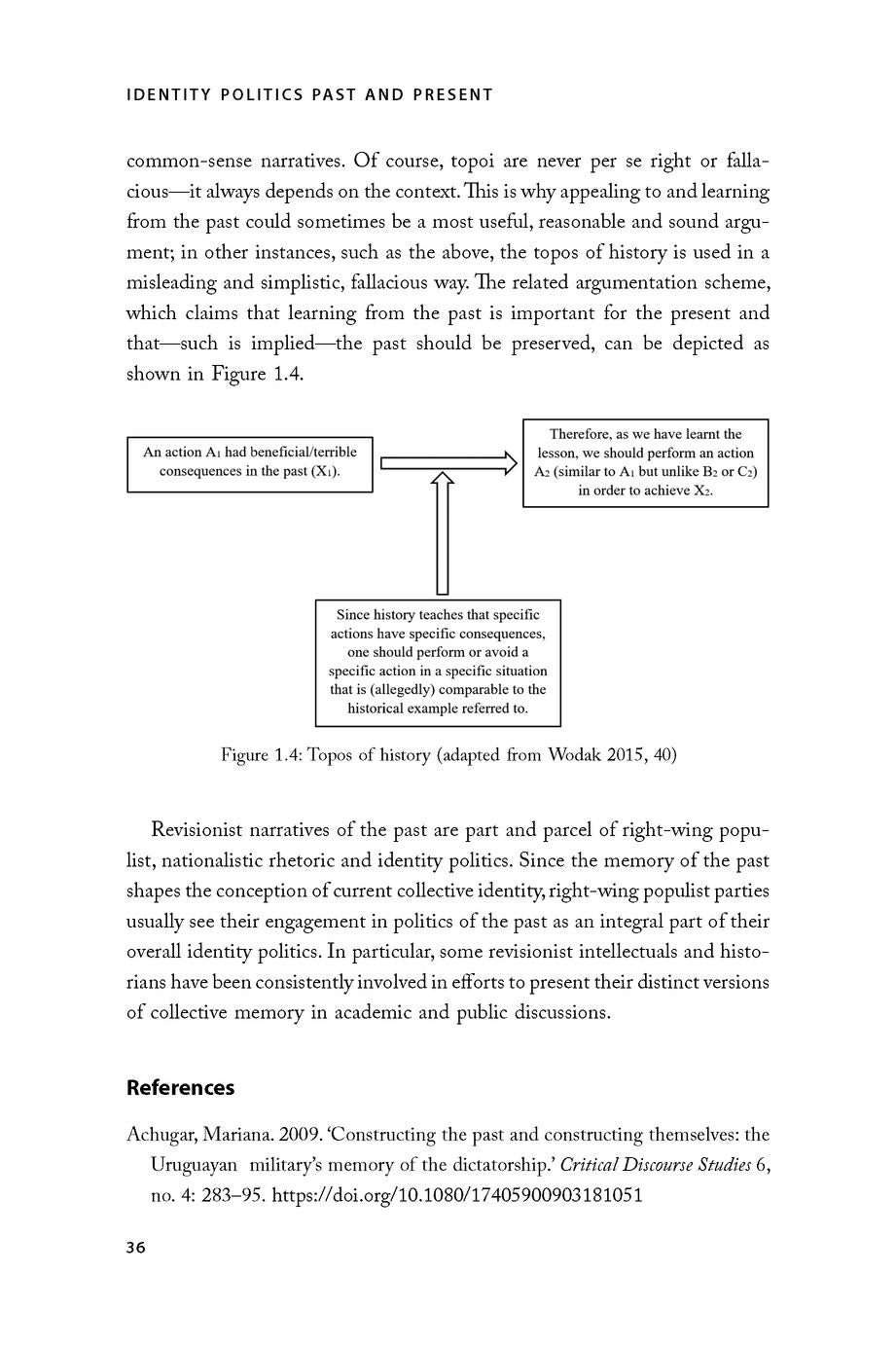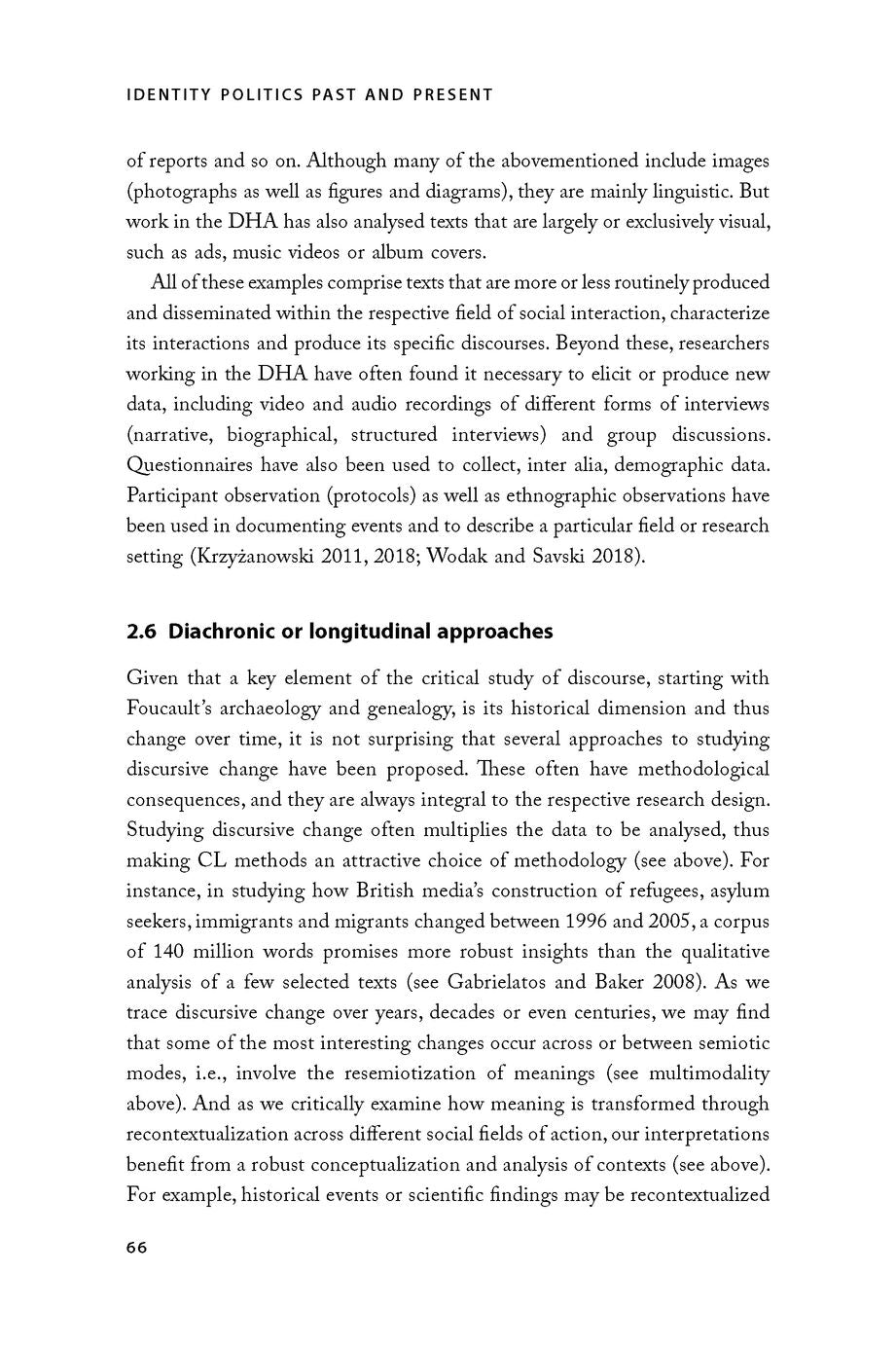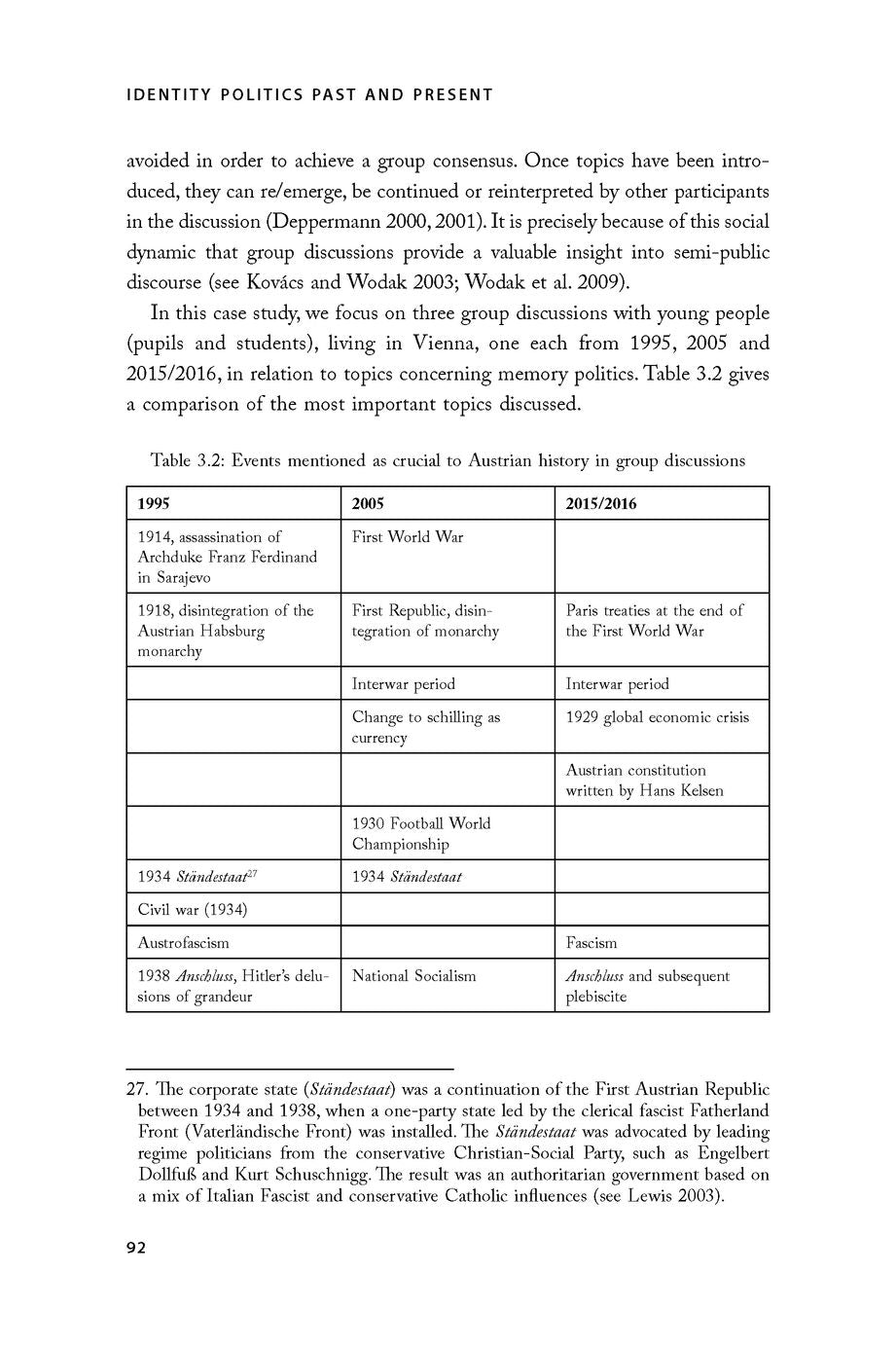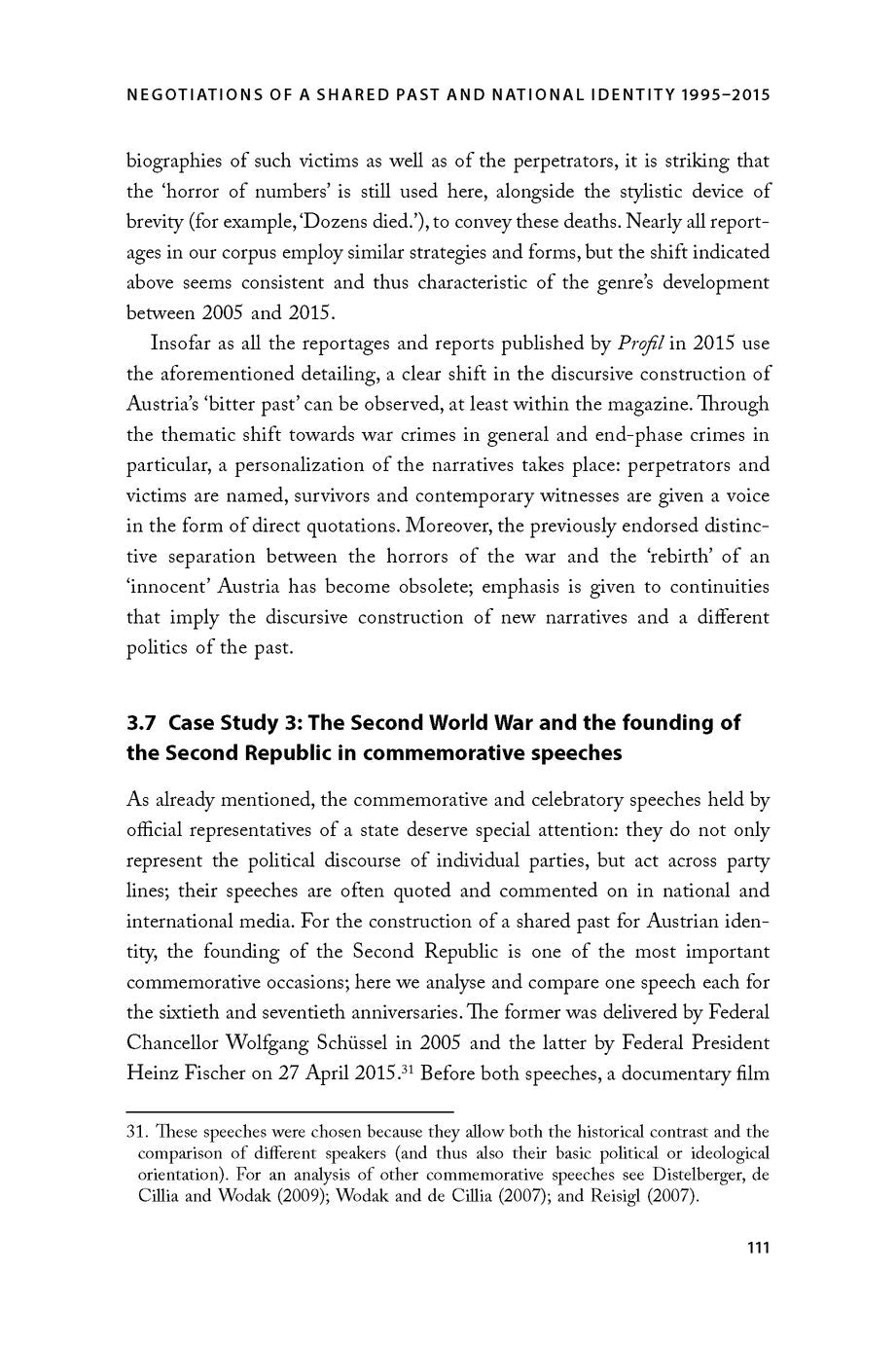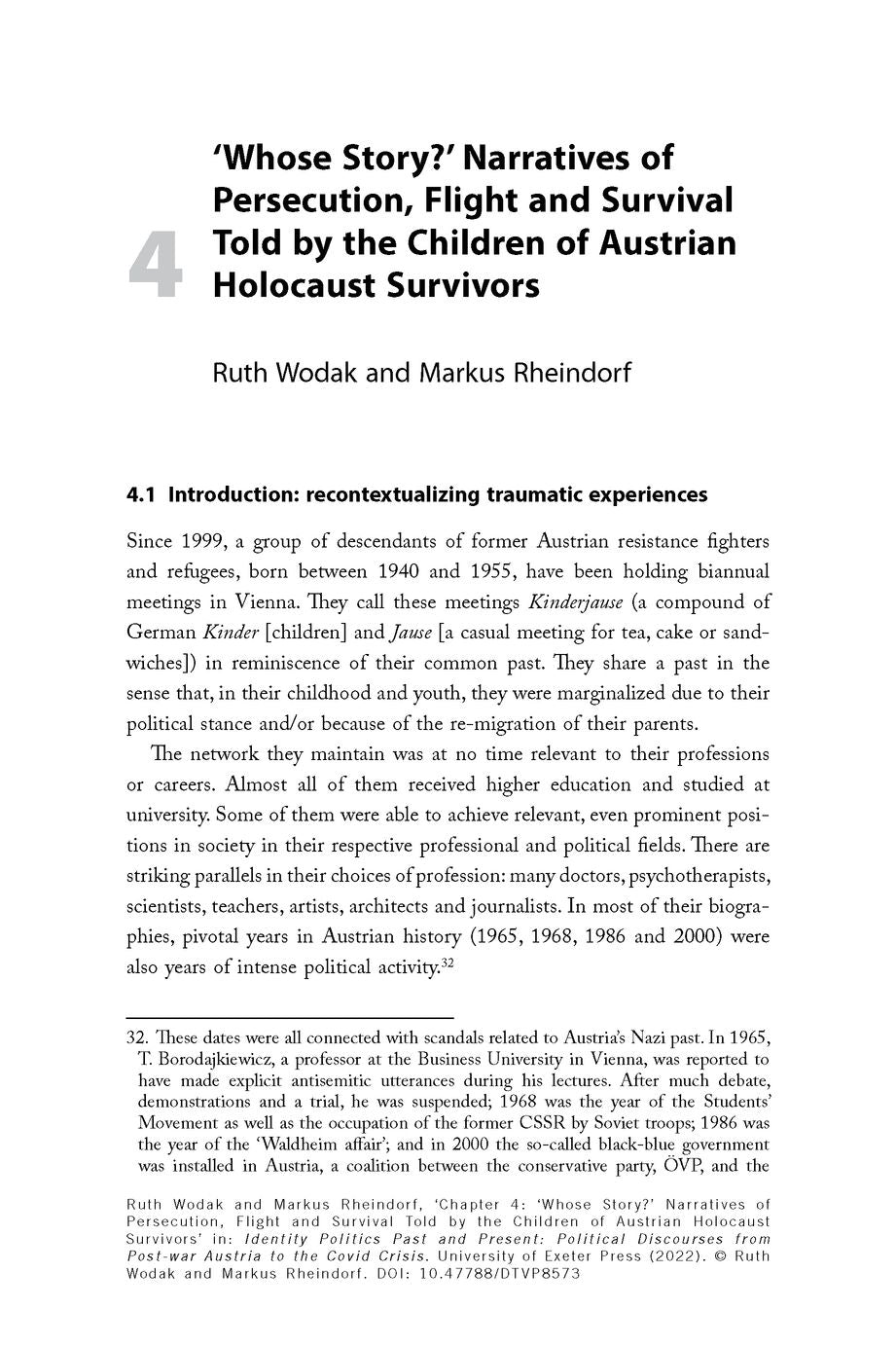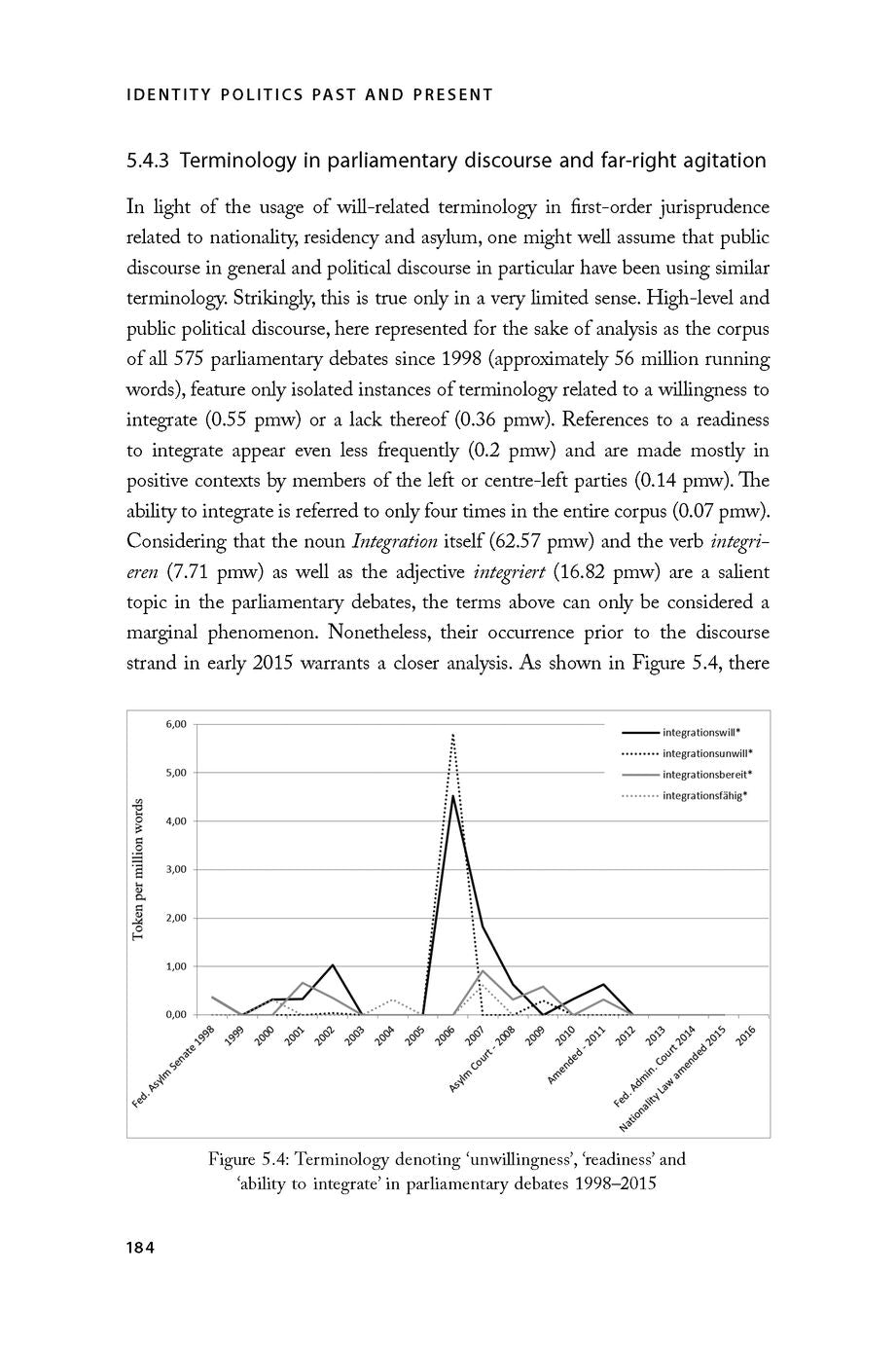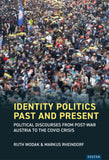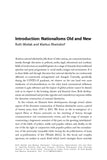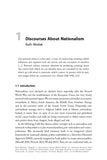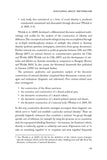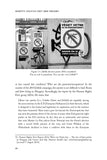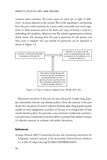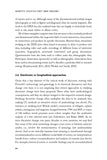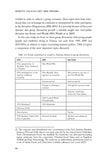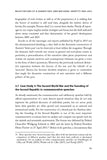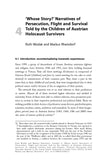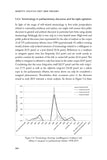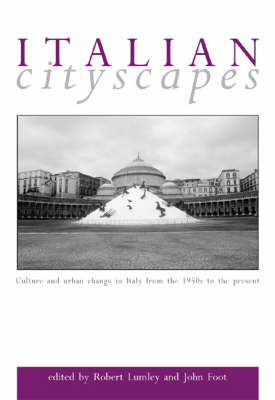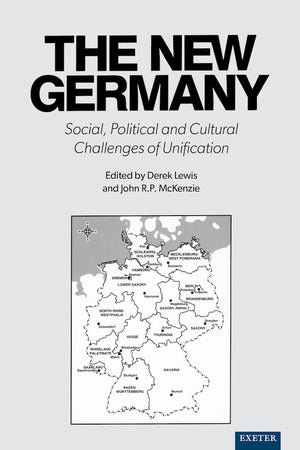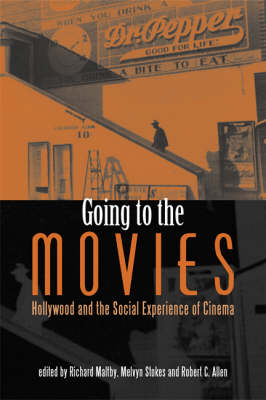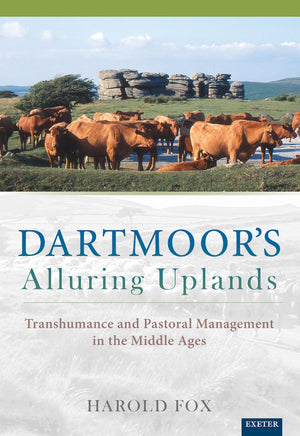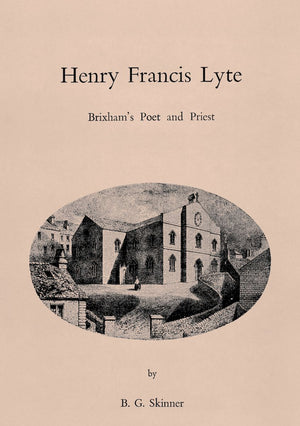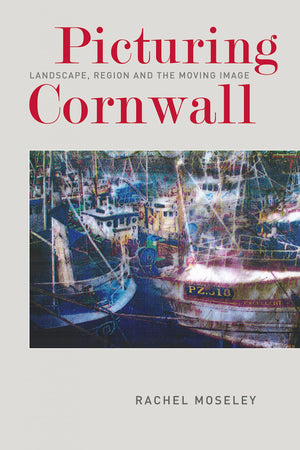University of Exeter Press
Identity Politics Past and Present
Political Discourses from Post-War Austria to the Covid Crisis
Couldn't load pickup availability
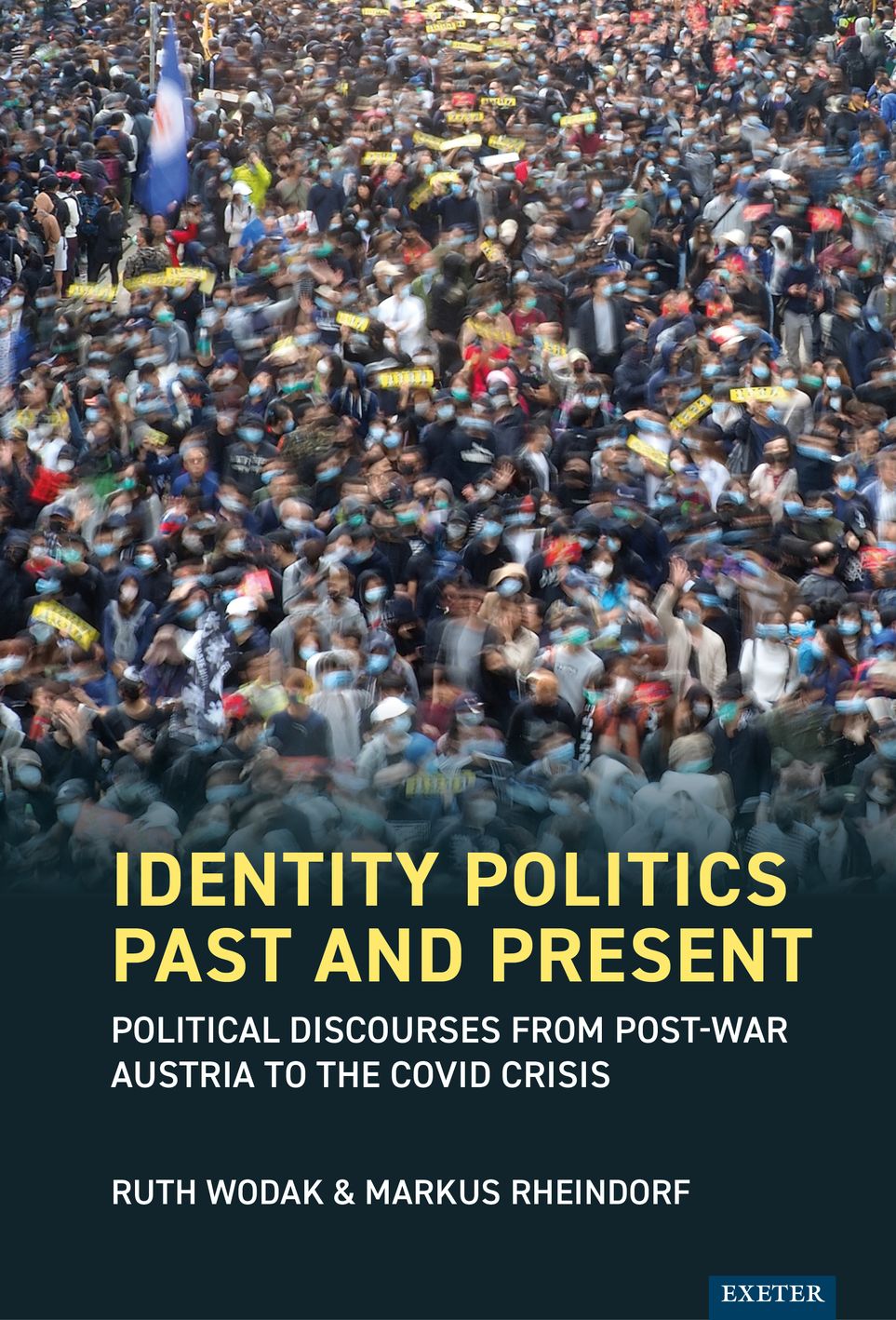
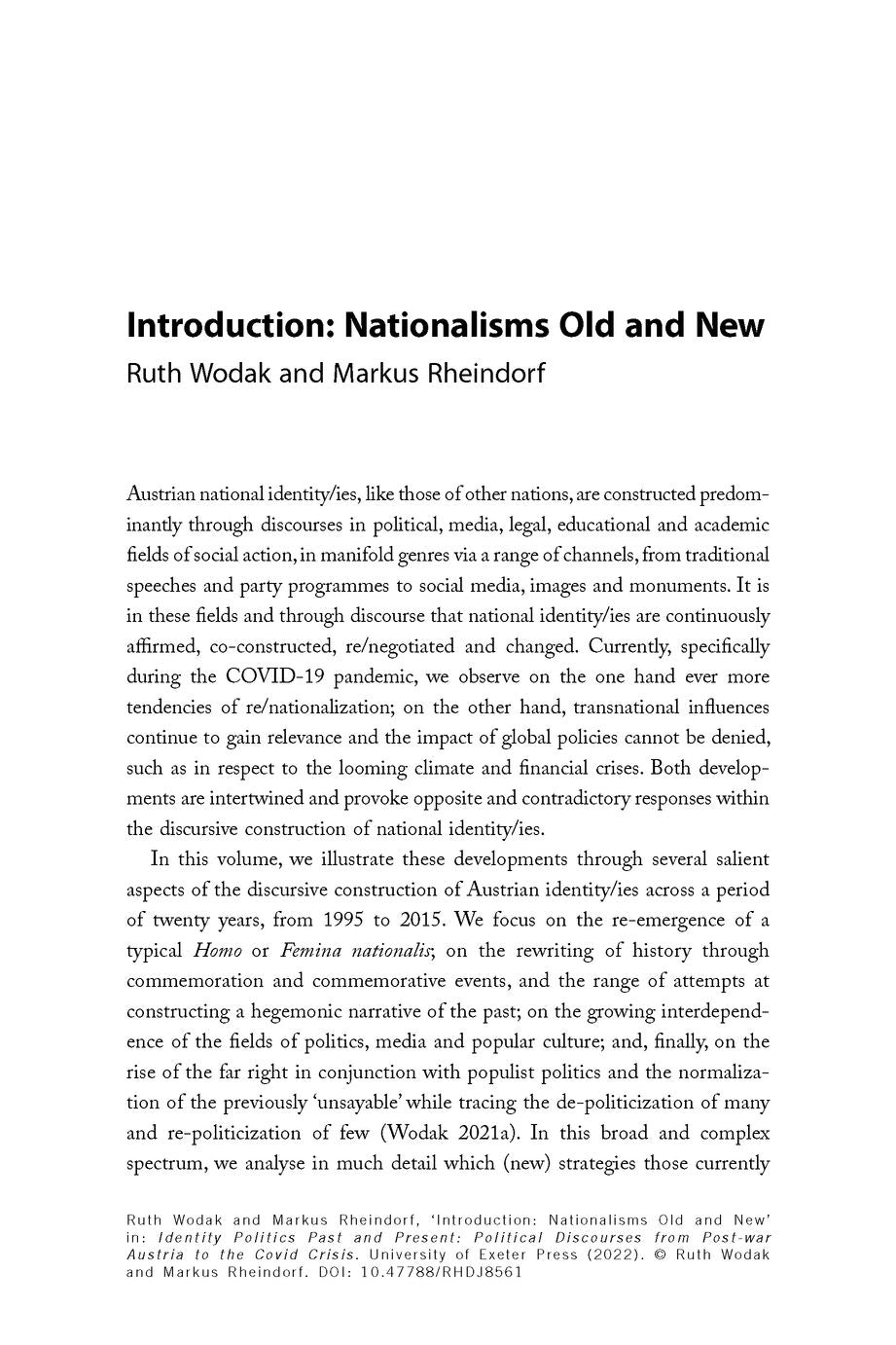
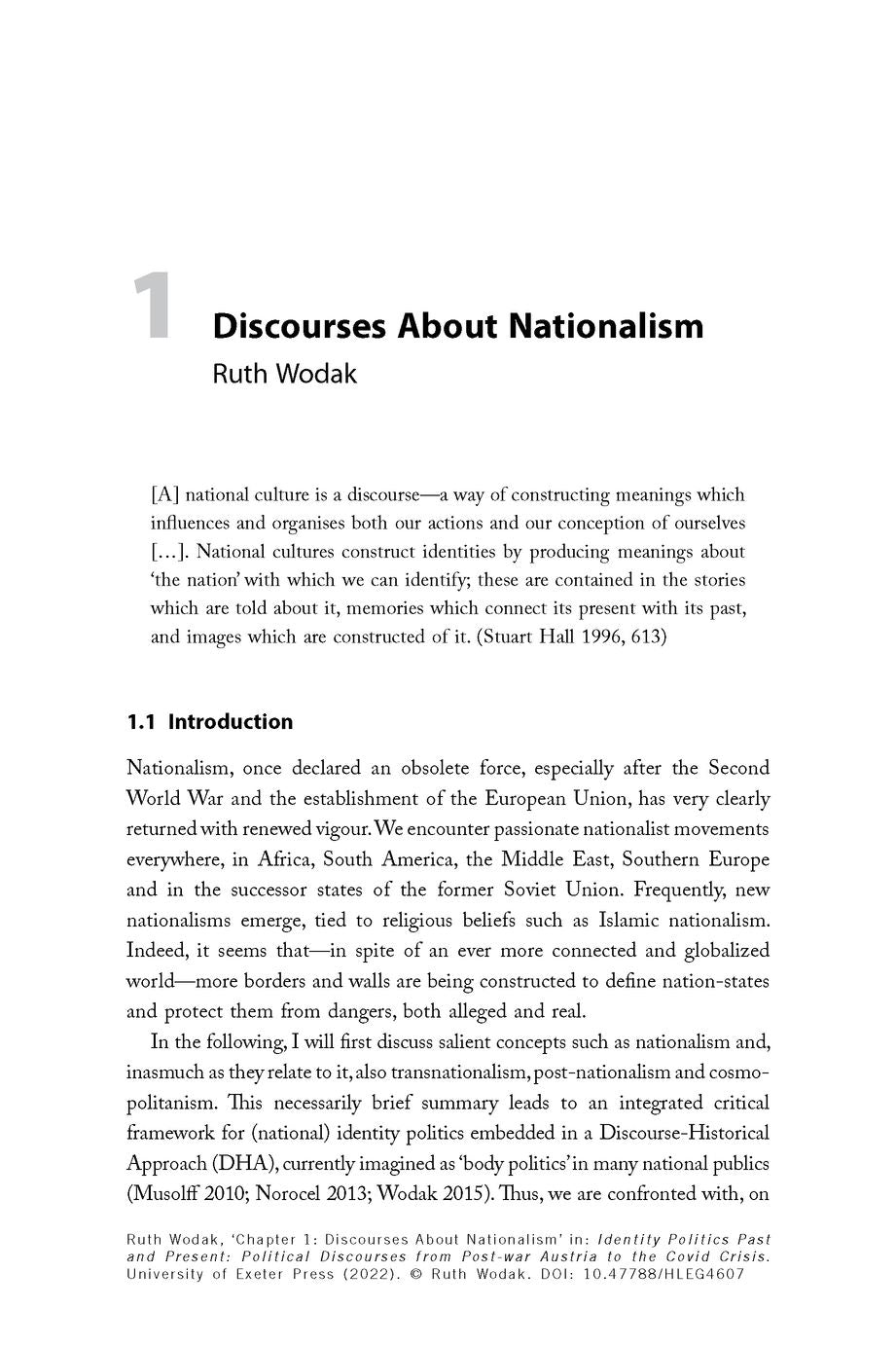
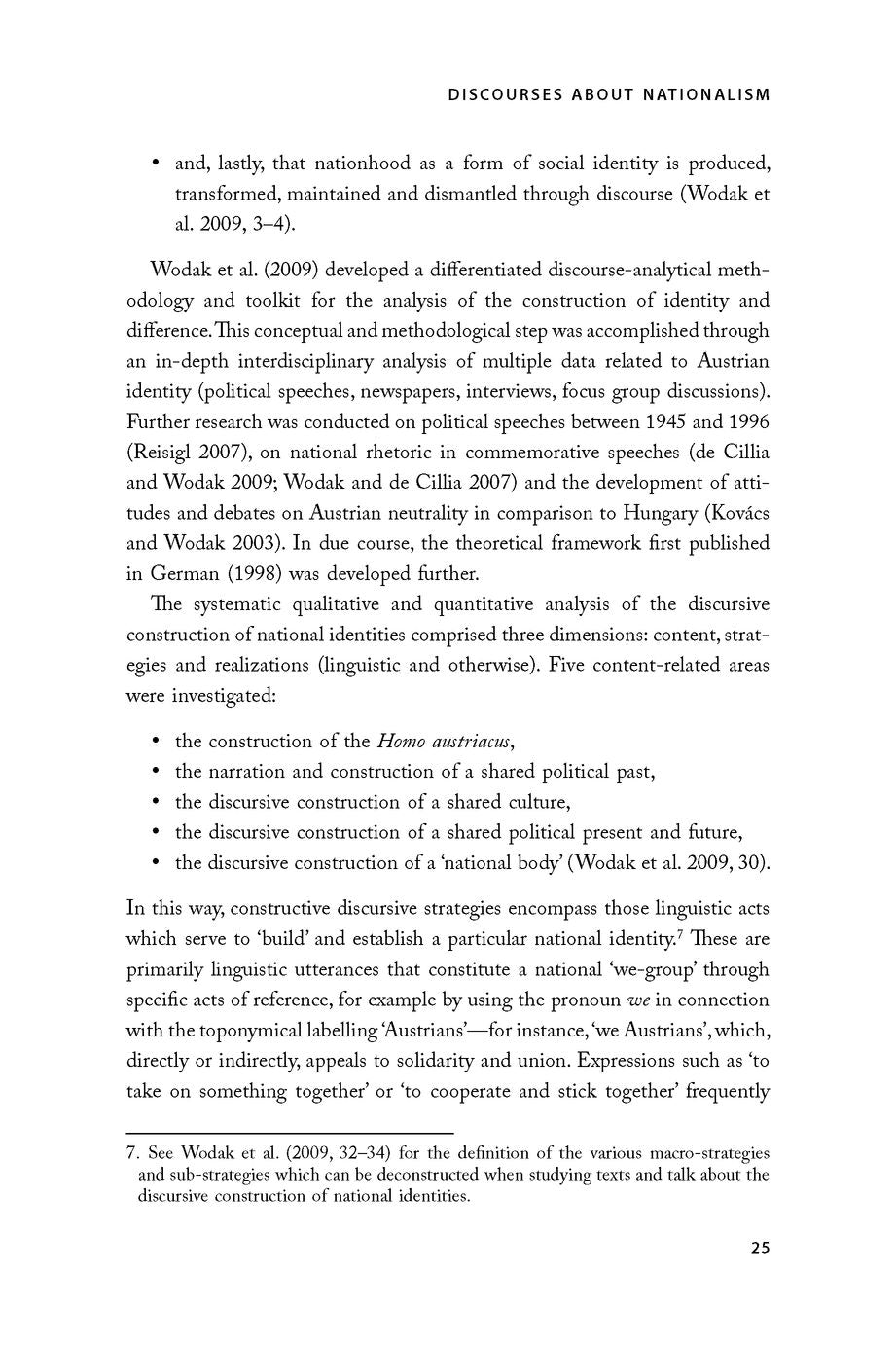
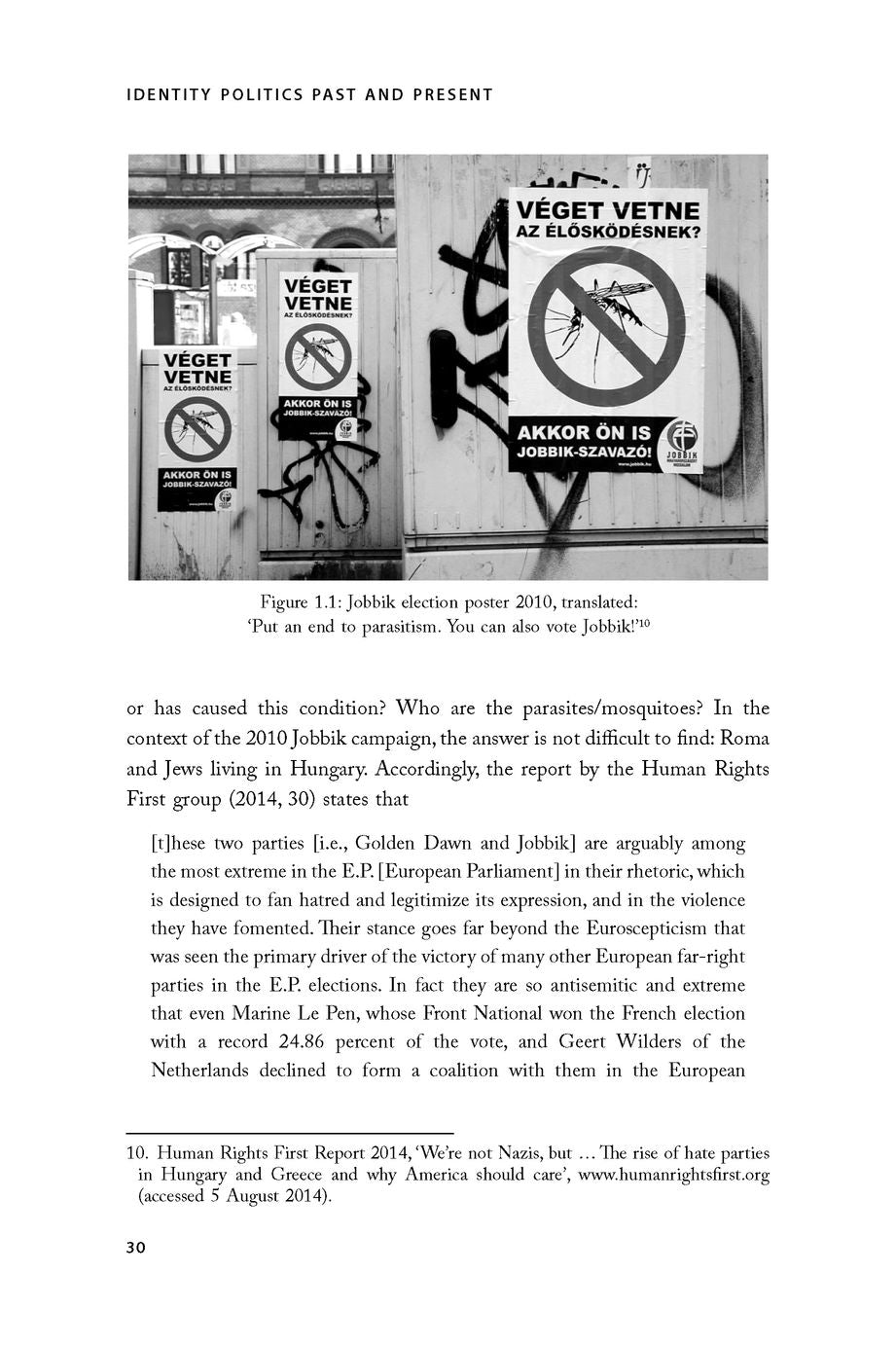
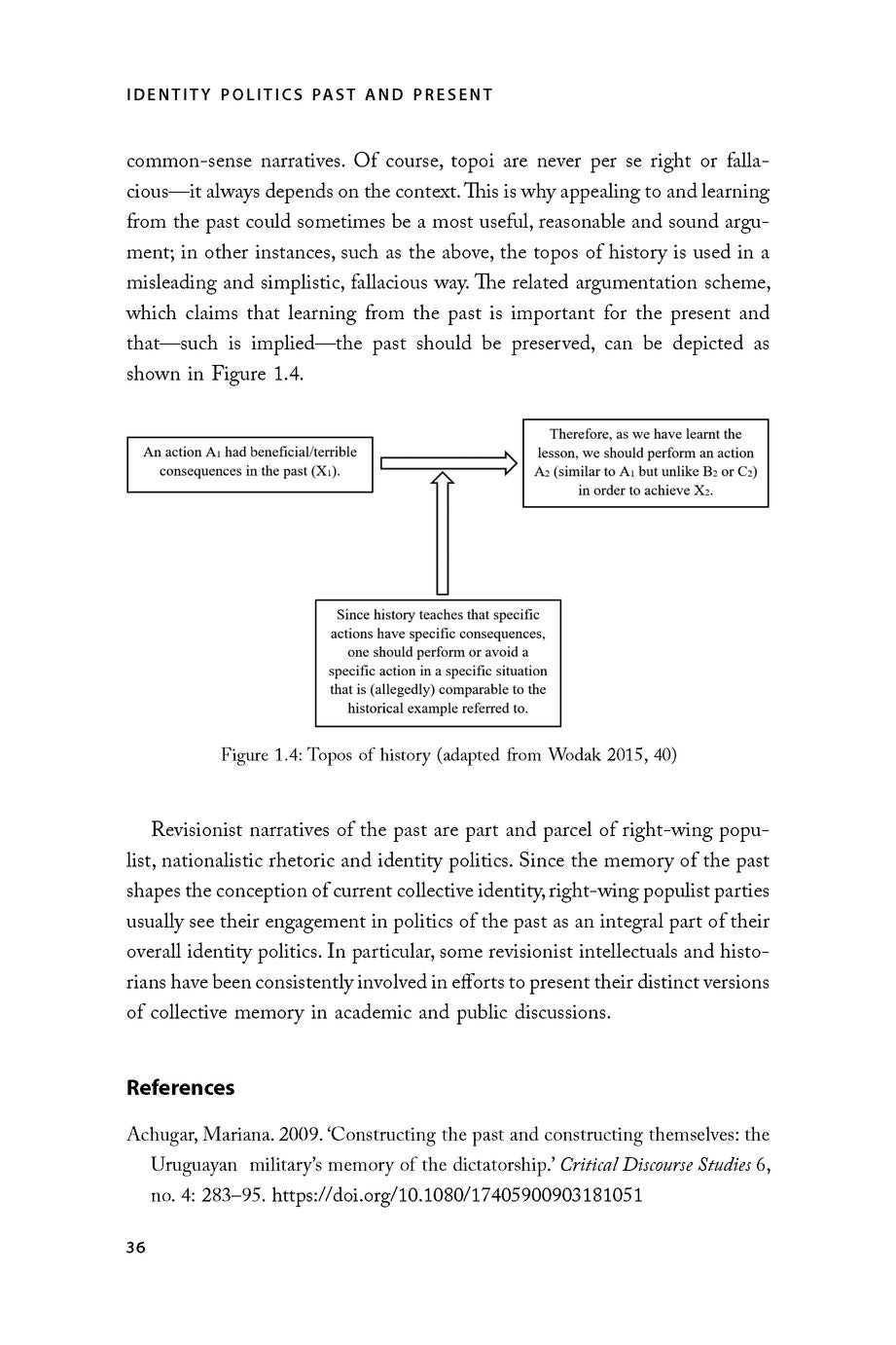
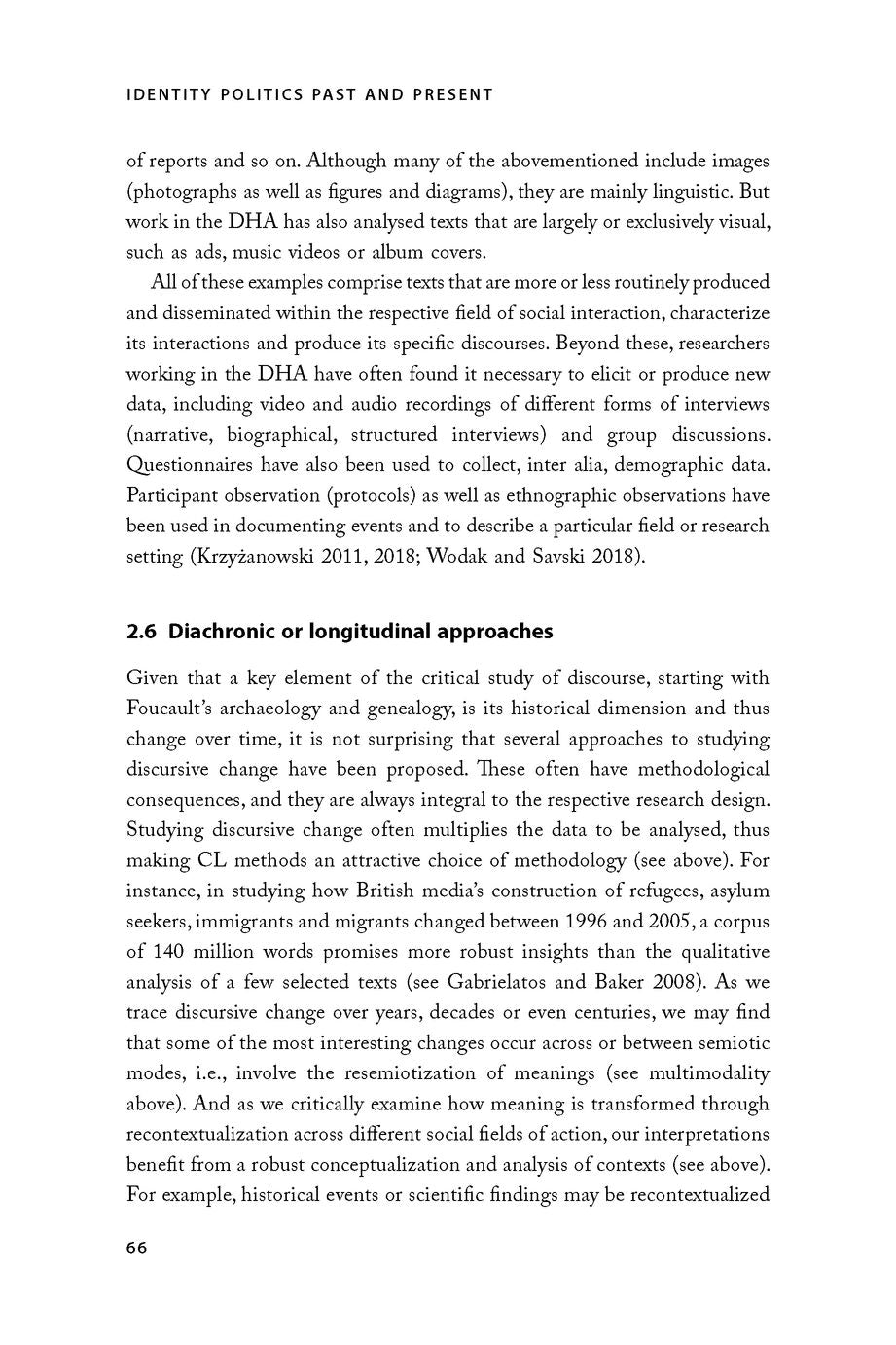
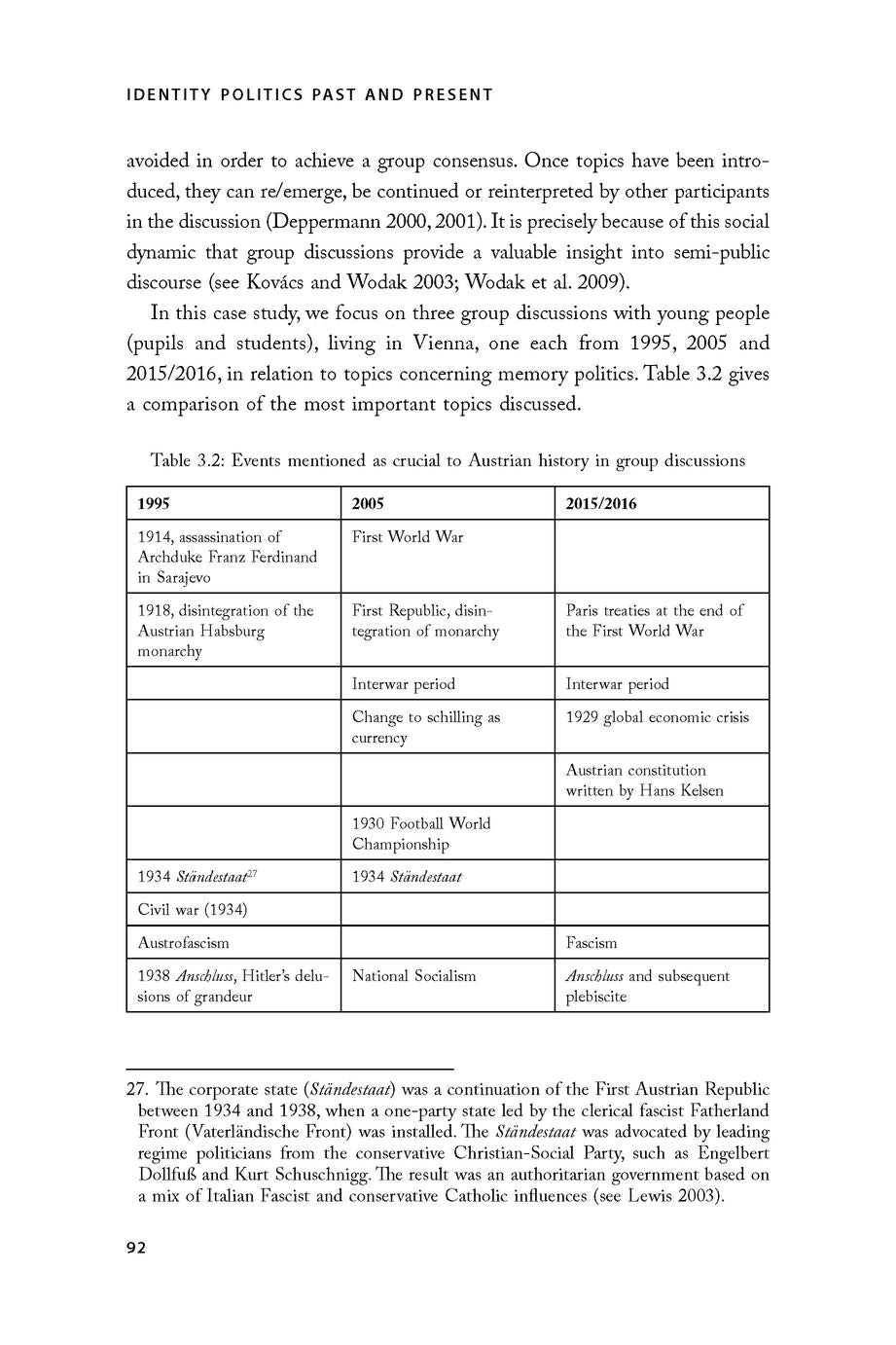
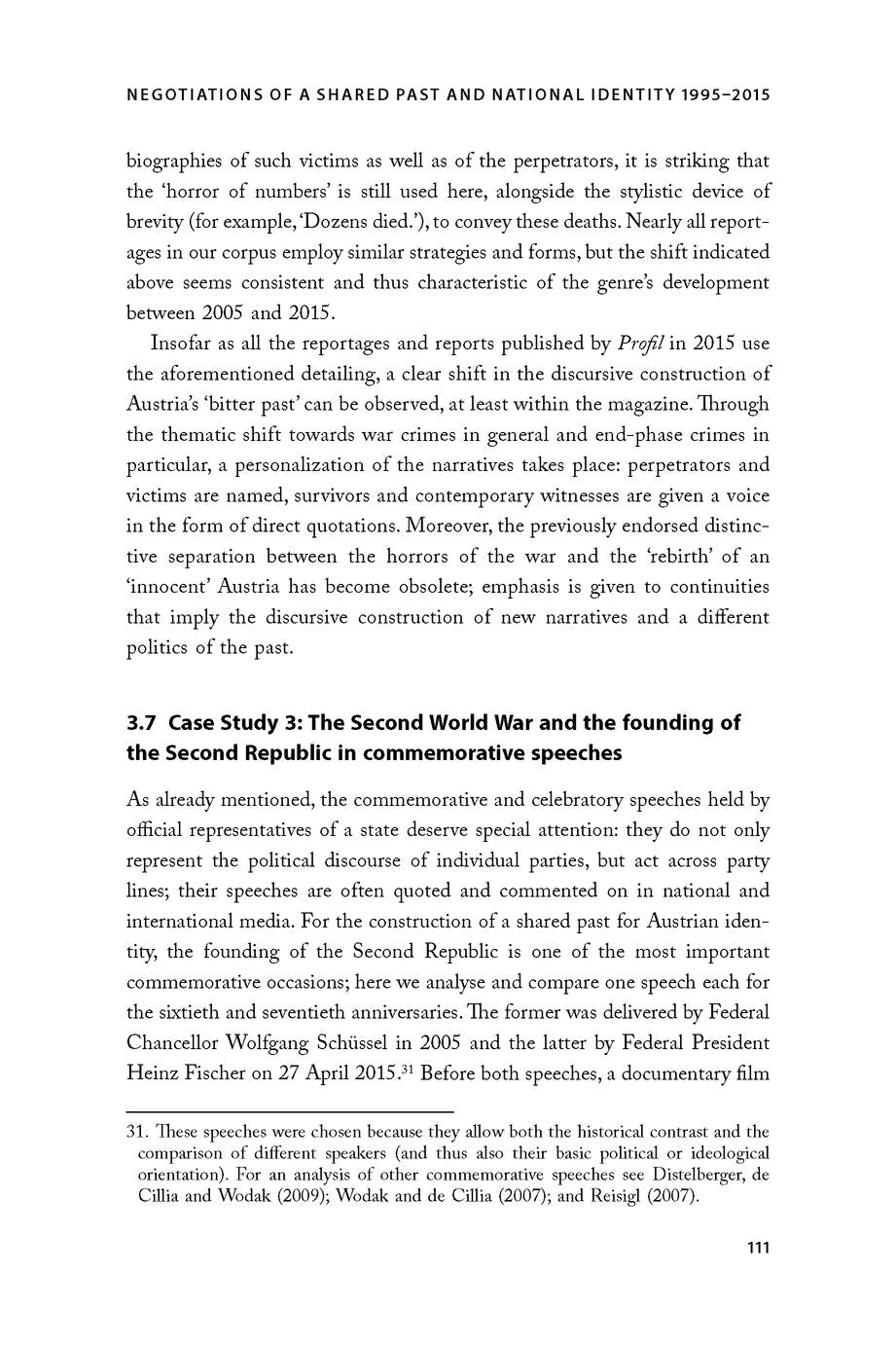
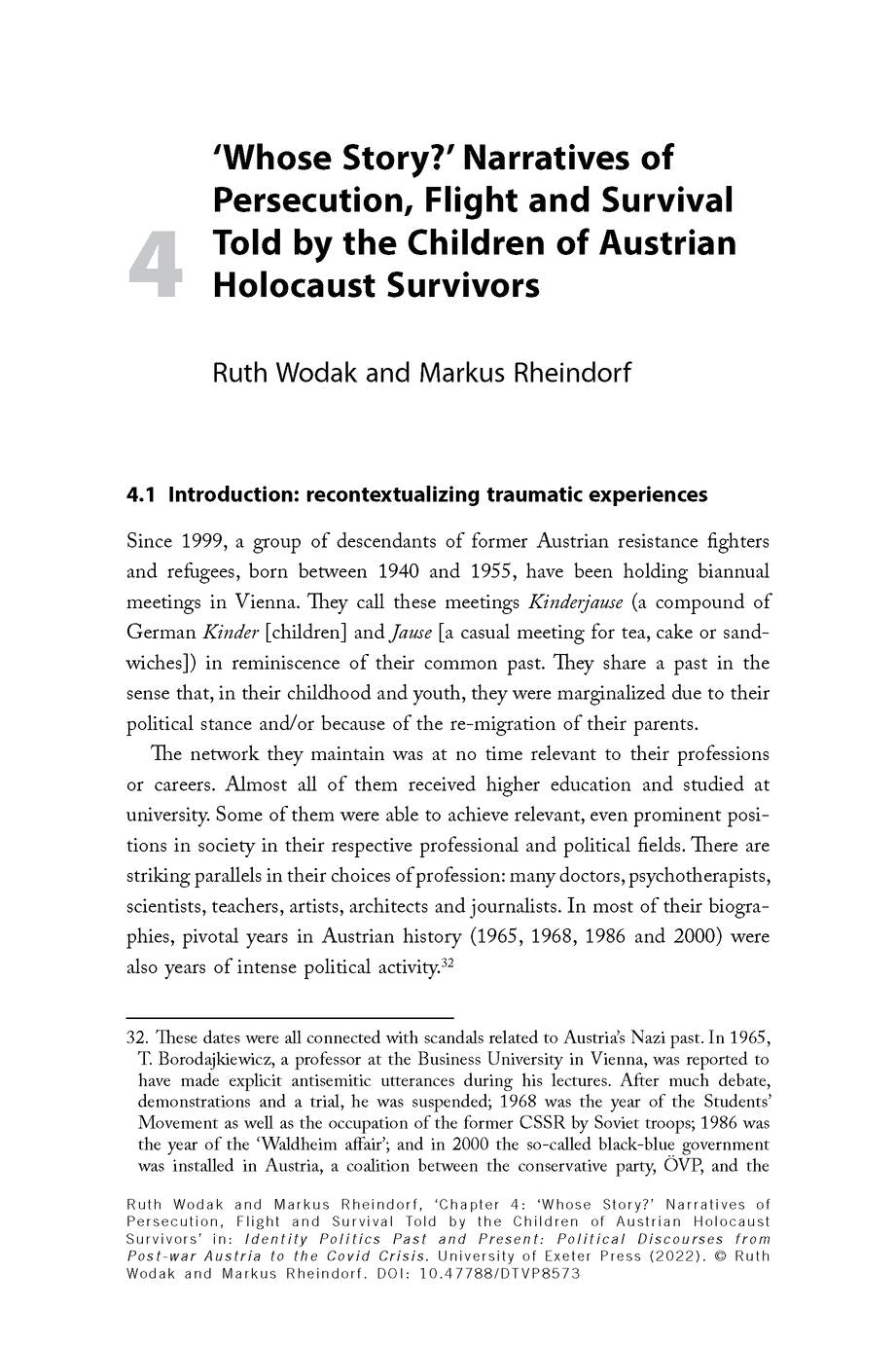
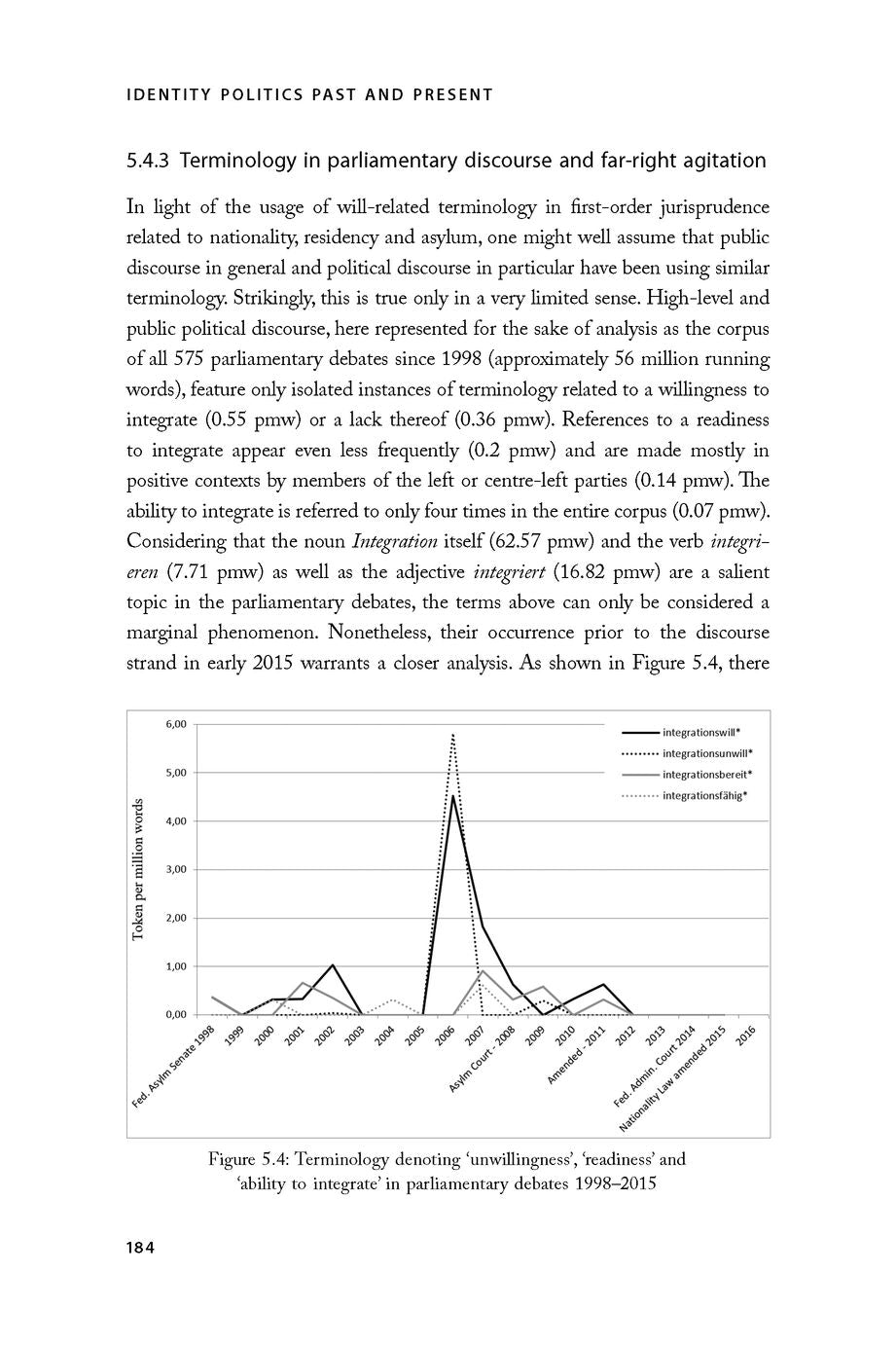
- 350 Pages
This book traces the re-emergence of nationalism in the media, popular culture and politics, and the normalization of far-right nativist ideologies and attitudes in Austria between 1995 and 2015, within the framework of Critical Discourse Studies. In doing so, it brings together a range of theoretical and empirical approaches to identity politics, contemporary popular culture, far-right populism and commemoration.
While contradictory yet intertwined tendencies towards renationalization and transnationalization have often framed debates about European identities, the so-called refugee crisis of 2015 intensified and polarized these debates. The COVID-19 pandemic, as another major crisis, saw nation-states react by closing borders, while symbols of banal nationalism proliferated.
The data under discussion here, drawn from a variety of empirical studies, suggest that changes in memory politics—the way past events are collectively remembered and tied into current political discourses—are also linked to the dynamics of migration; the influence of financial and climate crises; changing gender politics; and a new transnational European politics of the past. Accordingly, the authors assess current challenges to liberal democracies, as well as fundamental human and constitutional rights, in relation to new trends of renationalization across Europe and beyond.
Using a range of theoretical and empirical approaches to identity politics, collective memory and commemoration, this book traces the re-emergence of nationalism in the media, popular culture and politics, and the normalization of far-right nativist ideologies and attitudes in Austria between 1995 and 2015.
This major book, bringing together unpublished material and chapters published recently in a very wide range of journals and books, documents a quarter-century's path-breaking work on national identity, nationalism and related topics. Grounded in sociolinguistics, but drawing on psychology, history, political theory and many other areas of scholarship, what Wodak and Rheindorf present here as the Discourse-Historical Approach in critical discourse studies illuminates a wide range of topics, from memory politics in Austria to the political responses, here and elsewhere in Europe, to the perceived migration crisis and the all-too-real Covid crisis.
Professor William Outhwaite
Newcastle University
A timely book that reflects both analytically and empirically on how nationalism evolves, shaped by both historical cultural patterns, political dynamics and crisis events. Ruth Wodak and Markus Rheindorf offer a compelling read for those interested on Austria specifically but also more broadly on European nationalisms.
Professor Anna Triandafyllidou
Ryerson University
Wodak and Rheindorf brilliantly apply the Discourse-Historical Approach to political debates of the last thirty years in Austria and Europe, focusing on the resurgence of nationalism in all its manifestations ranging from the debates on immigration and border control to Holocaust remembrance and recent governmental attempts to mitigate the "dread of death" (Z. Baumann) during the COVID-19 pandemic. The authors' integration ("triangulation") of results from corpus-based and qualitative linguistic analyses with sociological and historical information provides deep insights into the emergence of new forms of authoritarian and illiberal discourse management.
Professor Andreas Musolff
University of East Anglia
Putting together studies from different moments of their academic career, Wodak and Rheindorf provide both an excellent illustration of the manifold possibilities of application of the Discourse-Historical Approach and a fascinating view of the developments in the strategies and propaganda machinery of the far-right in Austria and in other countries. A must read for scholars and students interested in political discourse and the construction of national identities.
Professor Anna De Fina
Georgetown University
Identity Politics Past and Present mobilizes the methods and theories of discourse studies in thoughtful and thorough ways. The book provides a fascinating insight into the many faces of nationalism but also into the richness and contradictions of national identity. It is a crucial book to help us understand the 21st century's fascination with nationalism and the politics of exclusion it all too often feeds.
Professor Nico Carpentier
Charles University
In this superb and important book, Ruth Wodak and Markus Rheindorf demonstrate that dangerously bigoted discourses have returned to mainstream Austrian politics. In so doing, they show why the careful analysis of political discourse is not just vital for understanding contemporary politics but needs to be rooted in deep historical understanding.
Professor Michael Billig
Loughborough University
Theoretically rich, rigorously evidenced and persuasive. Identity Politics Past and Present is a vitally needed analysis of the grievances, discourses and imagined memories that have driven support for the authoritarian right in Austria.
Dr Luke Cooper
LSE IDEAs and author of Authoritarian Contagion
In this meticulously researched and highly readable book, Wodak and Rheindorf draw on their wealth of ground-breaking research to analyse the discursive strategies used by right-wing politicians to generate new imaginaries of the nation with the aim of perpetuating or changing power relations in their favour. Conceptually precise and methodologically robust, each chapter critically analyses different aspects of the discursive construction of Austrian-ness vis-à-vis foreign or queer others and how this feeds into a ‘politics of fear’. While the focus of the book is on Austria, the insights from Wodak and Rheindorf’s analysis will resonate with other societies in Europe and beyond.
Professor Richard Mole
University College London
Introduction: Nationalisms old and new Ruth Wodak and Markus Rheindorf
DOI: 10.47788/RHDJ8561
1. Discourses about Nationalism Ruth Wodak
DOI: 10.47788/HLEG4607
2. The Discourse-Historical Approach: Methodological innovation and Triangulation Markus Rheindorf
DOI: 10.47788/XXFA7162
3. Negotiations of a Shared Past and National Identity 1995-2015 Markus Rheindorf and Ruth Wodak
DOI: 10.47788/XELZ4501
4. Whose story? – Narratives of persecution, flight and survival told by the children of Austrian Holocaust survivors Ruth Wodak and Markus Rheindorf
DOI: 10.47788/DTVP8573
5. Disciplining the Unwilling: Normalization of (Demands for) Punitive Measures against Immigrants in Austrian Populist Discourse Markus Rheindorf
DOI: 10.47788/LHPY1173
6. Nativist gender and body politics Ruth Wodak and Markus Rheindorf
DOI: 10.47788/FAVS5678
7. Entering the Post-Shame Era. The Rise of Illiberal Democracy, Populism and Neo-Authoritarianism in Europe. The case of the turquoise-blue government in Austria 2017/2018 Ruth Wodak
DOI: 10.47788/JDDM6921
8. Borders, Fences and Limits: Protecting Austria from Refugees. Metadiscursive negotiation of meaning in the current refugee crisis Markus Rheindorf and Ruth Wodak
DOI: 10.47788/GLVB8739
9. Re/inventing nationalism: Crisis Communication and Crisis Management during COVID-19 in Austria Ruth Wodak
DOI: 10.47788/NYWQ6835
- 350 Pages







